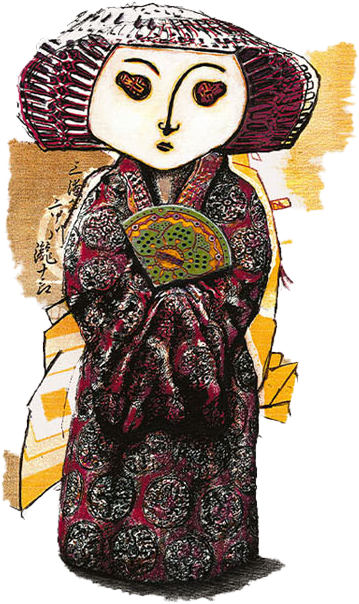Kooktang Otegaru
Kooktang Otegaru
Materiaal: roestvrij staal
OTEGARU” is een woordspeling die in het Japans zowel “gemakkelijk te gebruiken” als “licht” of “moeiteloos” betekent.
Er zijn twee soorten tangen: 17,5 cm lang en 22 cm lang.
Beide zijn ongeveer 3 cm breed.
De smalle breedte en een roestvrijstalen veer bieden de volgende voordelen:
1. Lichtgewicht: licht en gemakkelijk te gebruiken
2. Dun: glijdt gemakkelijk onder voedsel
3. Elastisch: veerkrachtig en prettig om vast te houden
Aangezien deze tangen klein zijn en niet veel
ruimte innemen, zult u er meerdere willen gebruiken,
zowel op de eettafel als in de keuken.
Couldn't load pickup availability
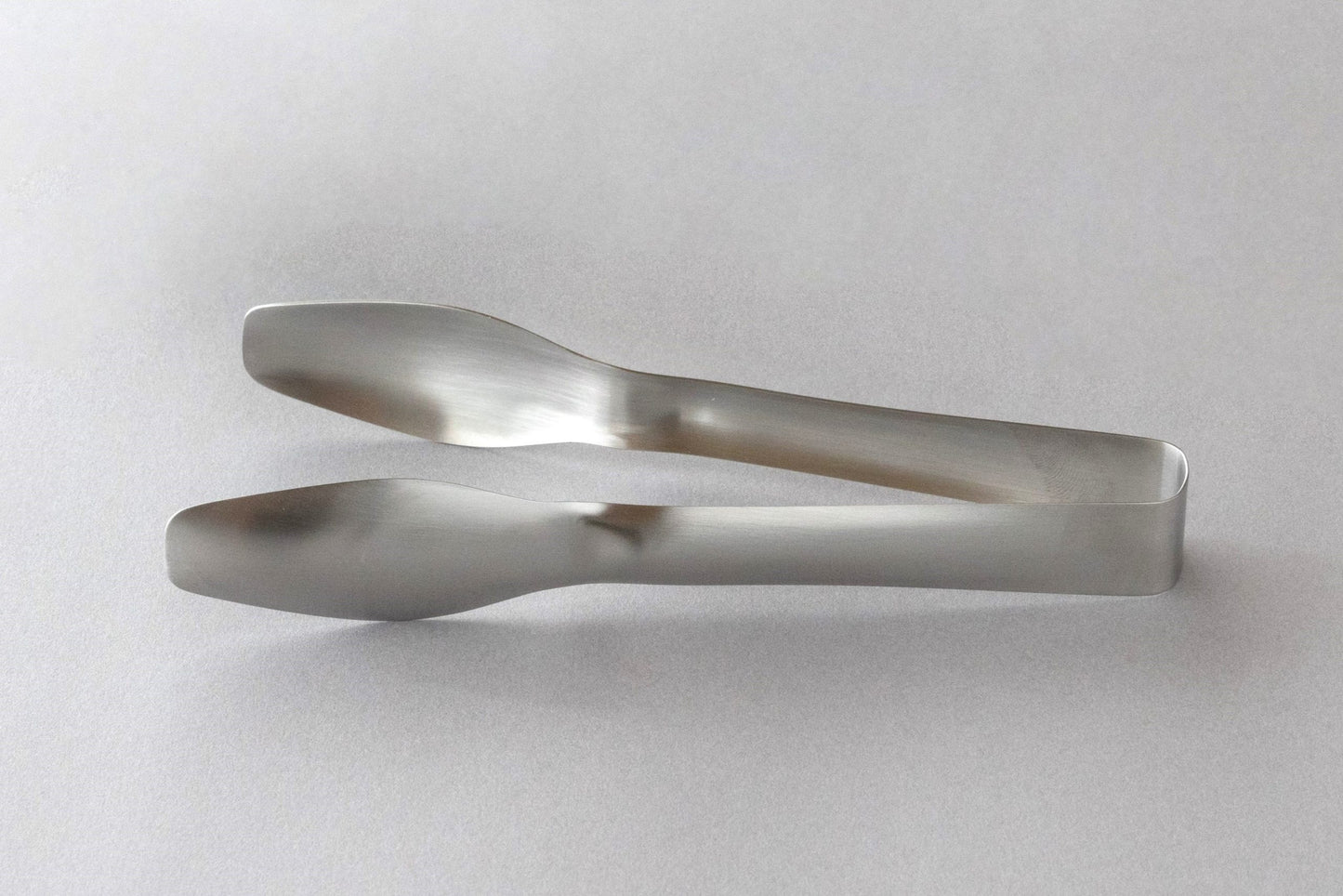
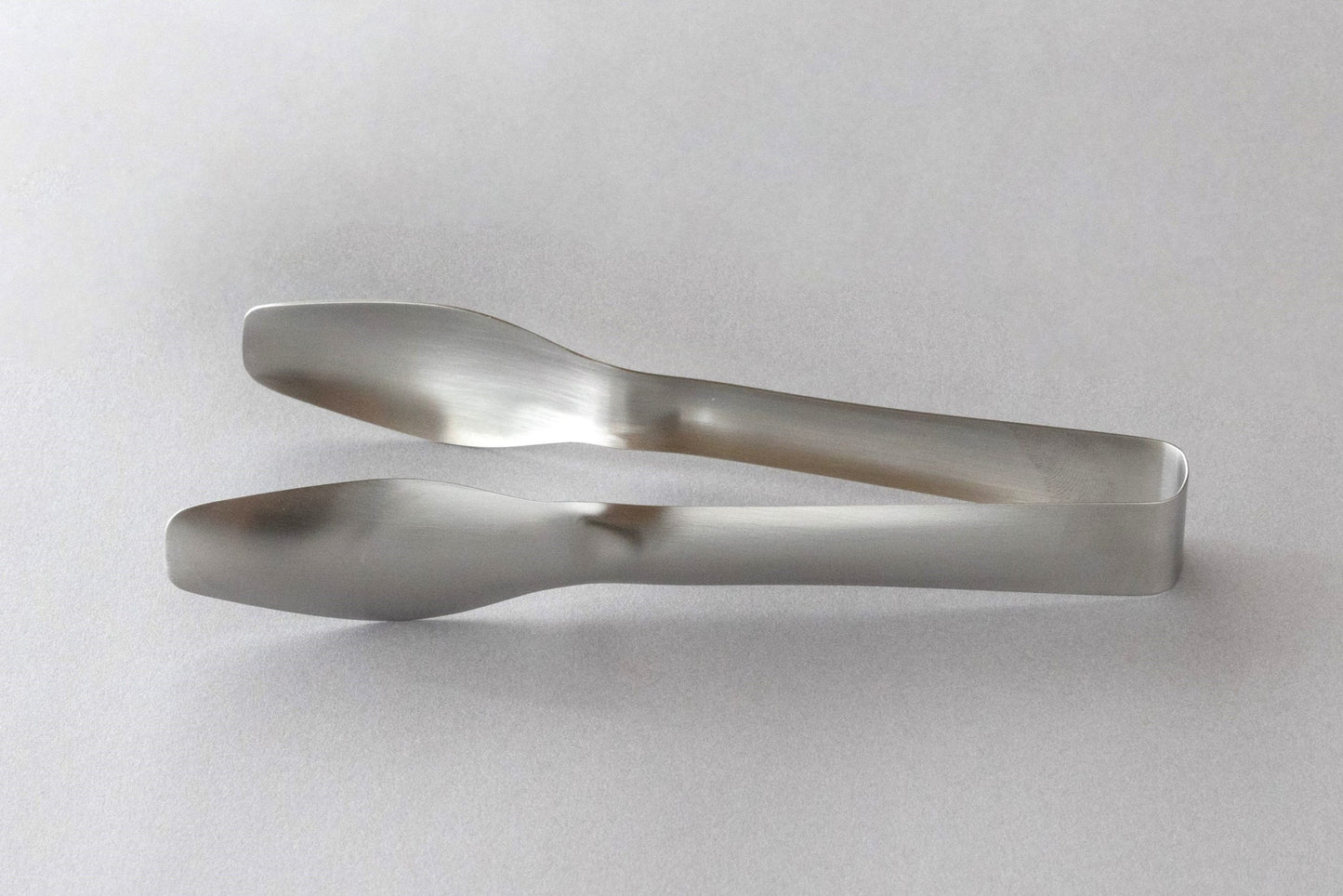

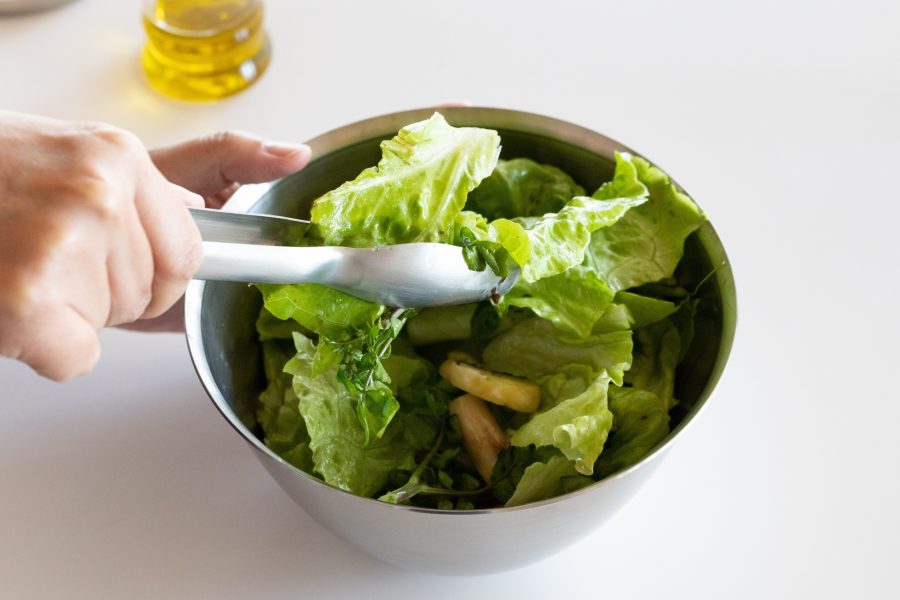
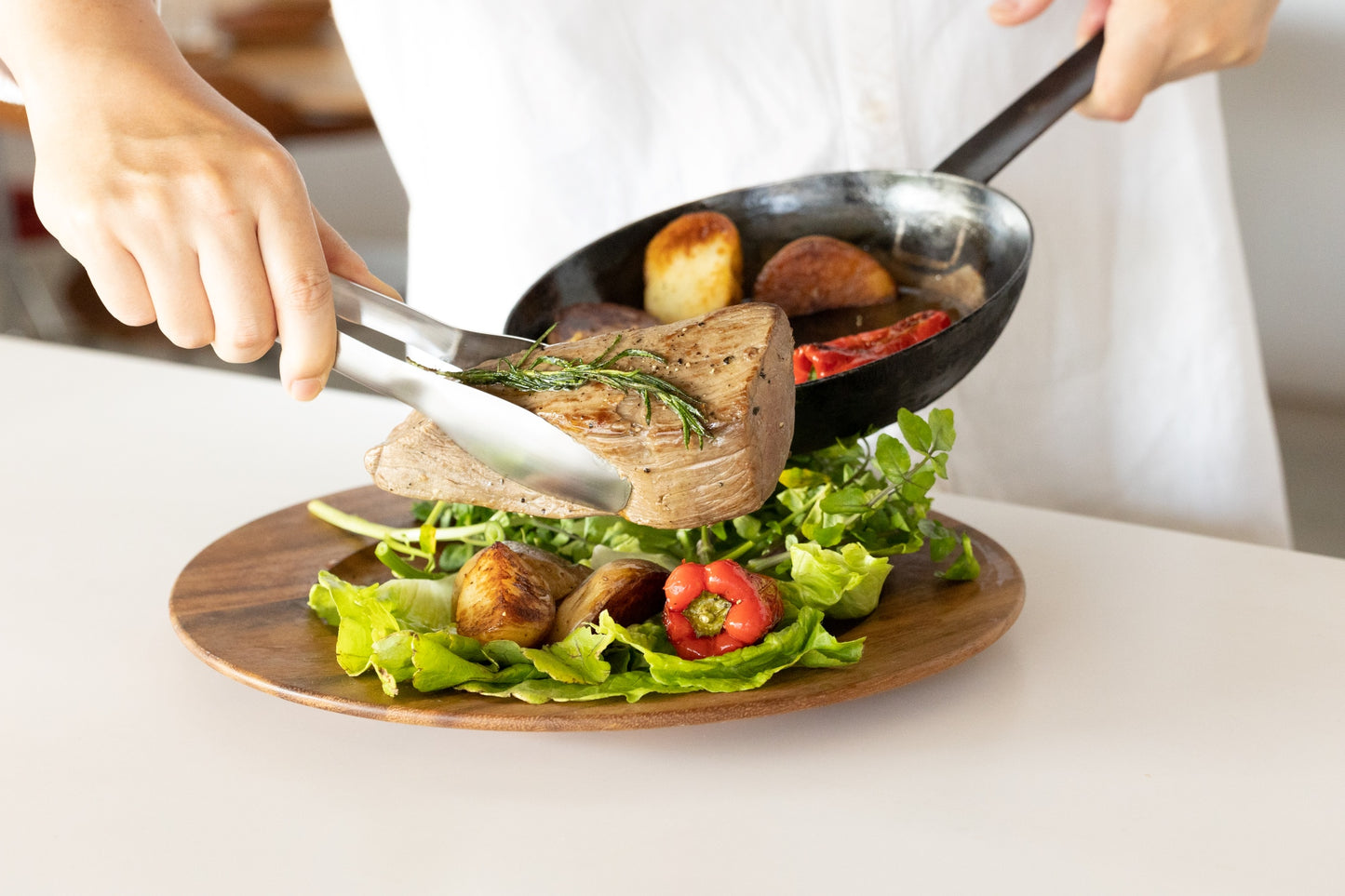

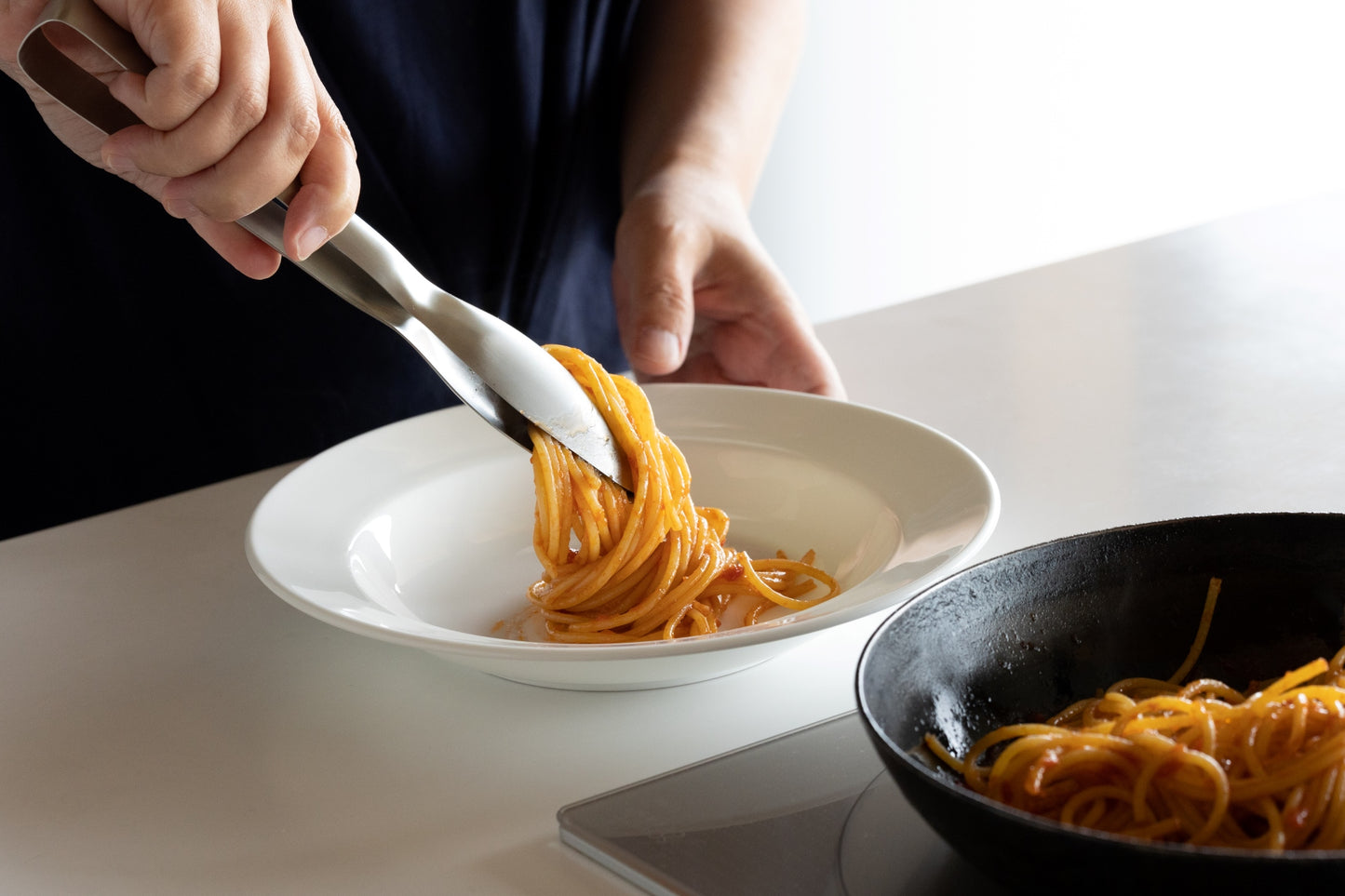
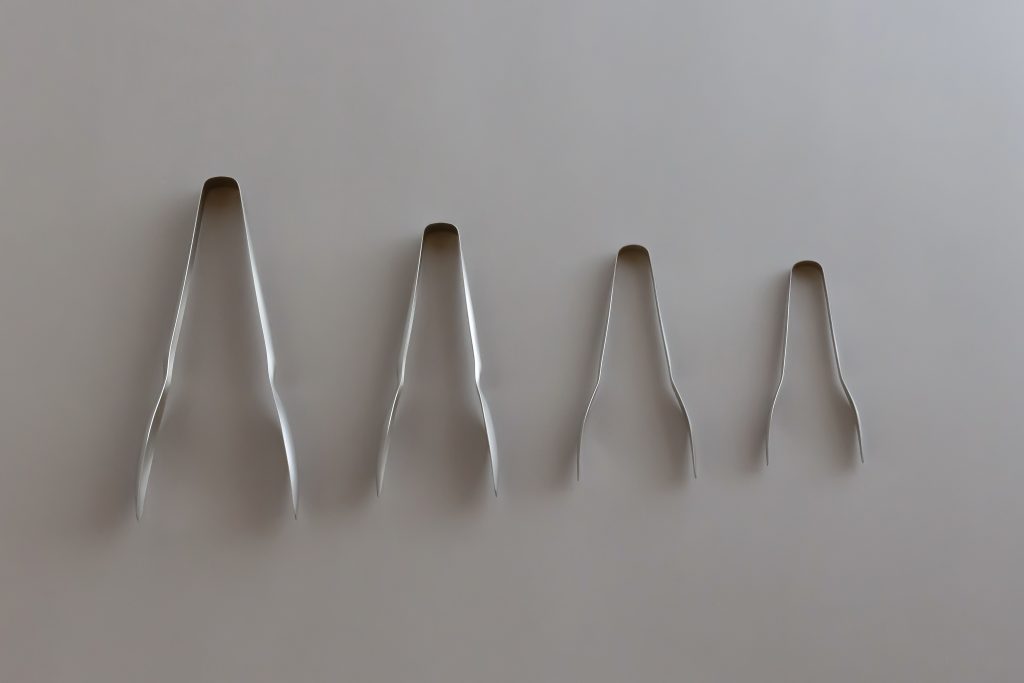
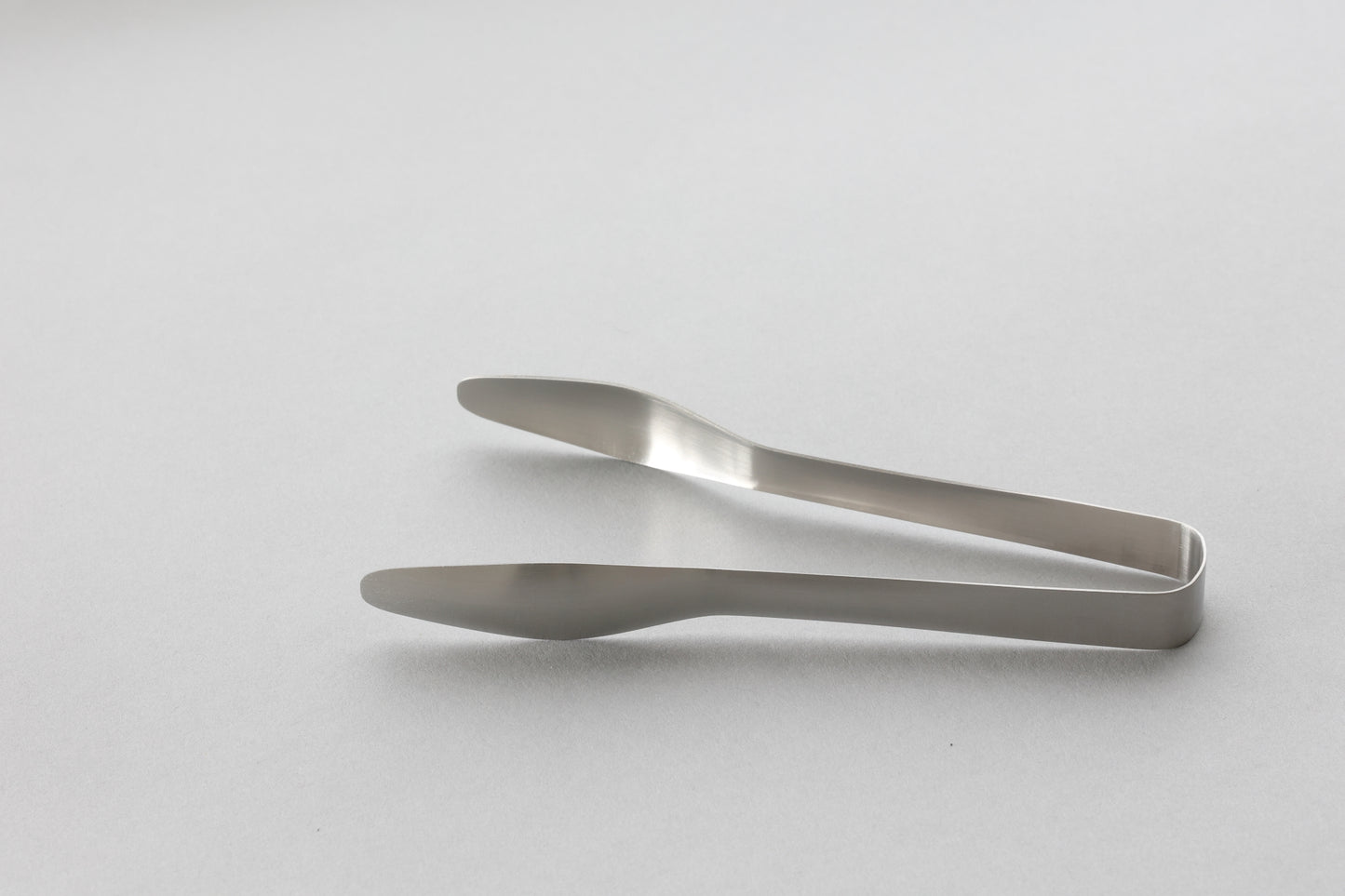
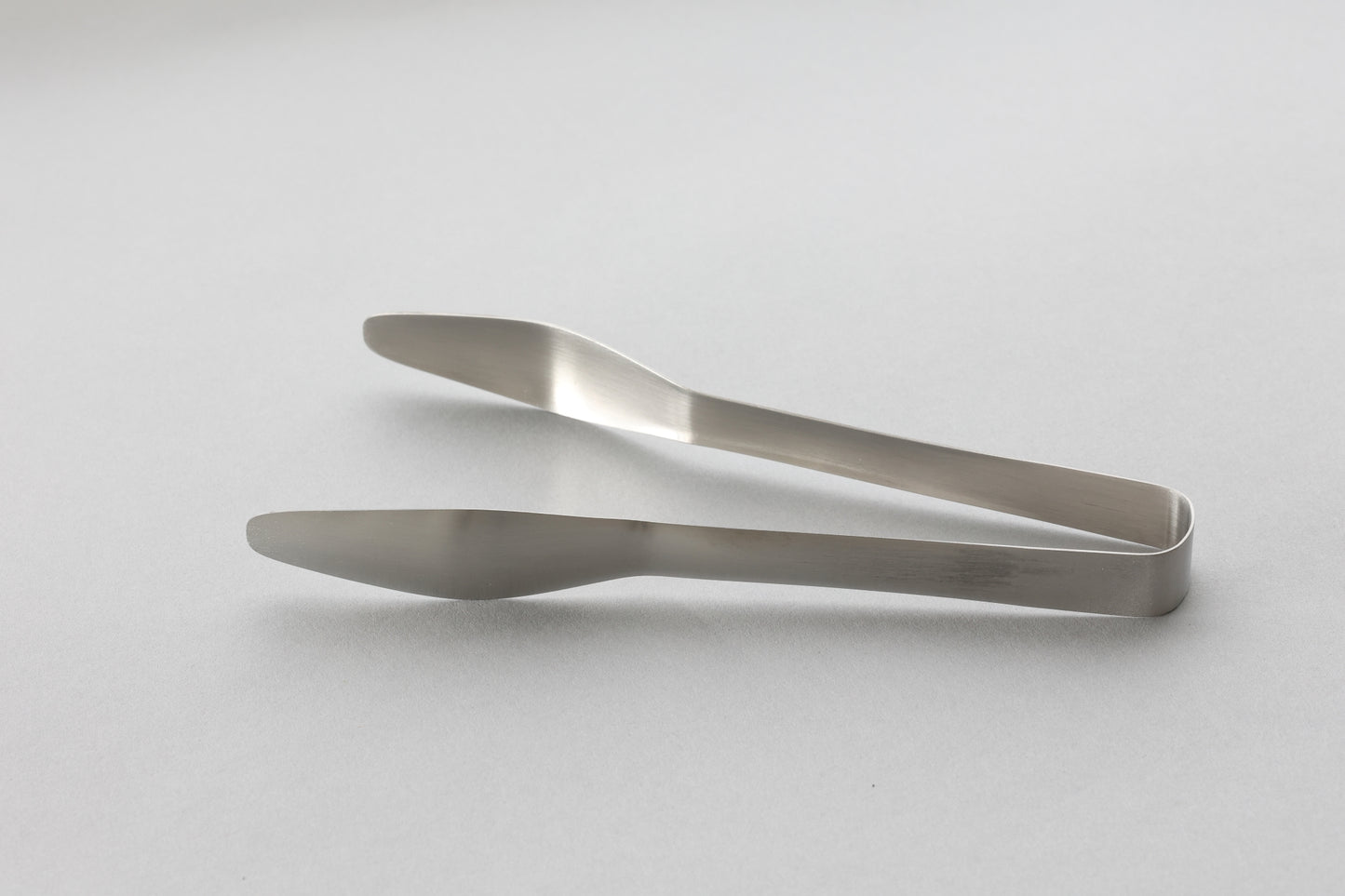
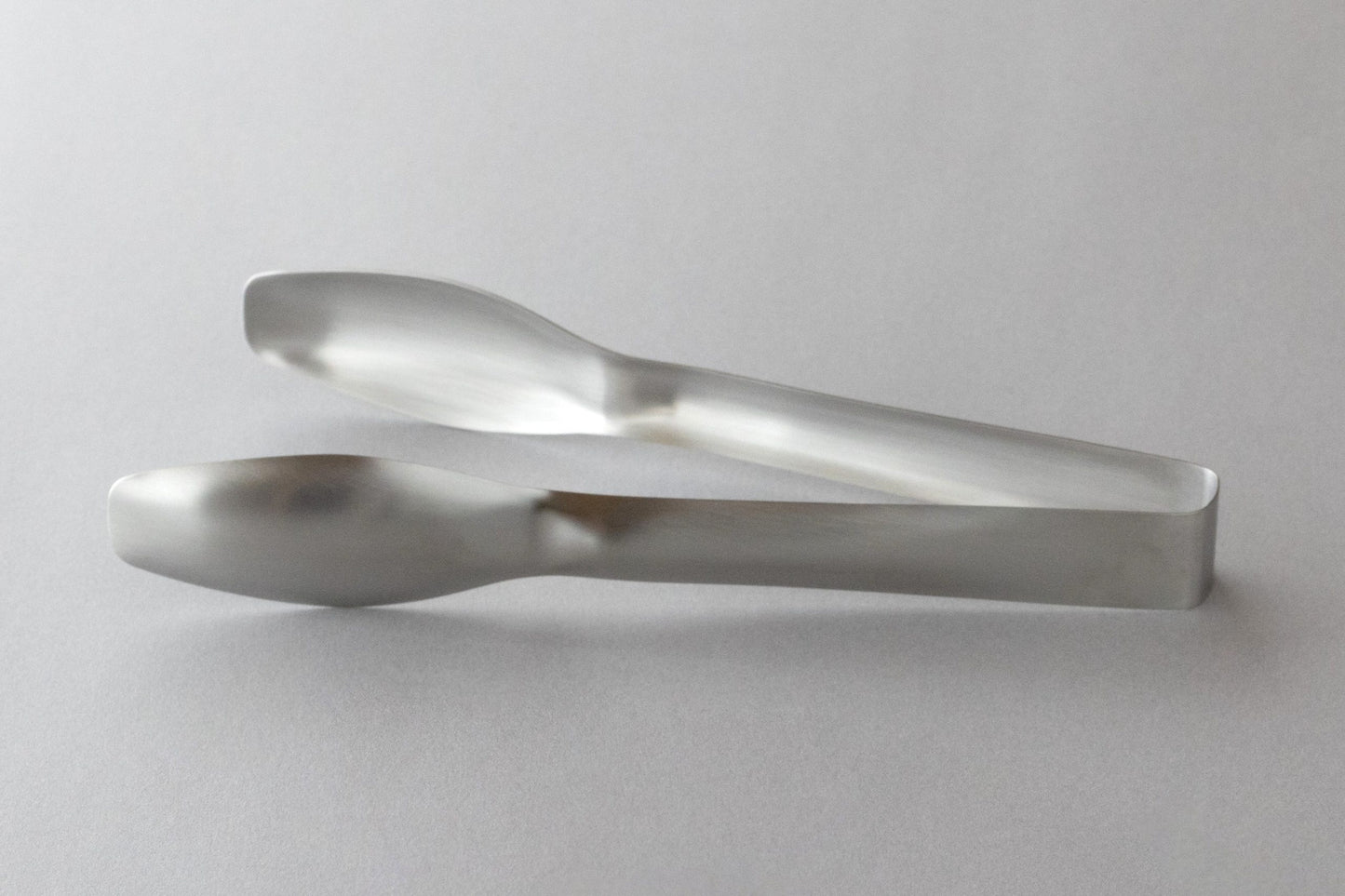
Collapsible content
Over het merk
Conte produces kitchen utensils in Tsubame, Niigata Prefecture. It is the main production area for stainless steel processing. It is said that 'the whole town is a factory.'
The kitchen utensils are finished using various specialized skills. They are comfortable to use and become indispensable in your daily cooking experience.
Each item is a unique display of craftsmanship.
About the designer
Ono Rina, a talented designer, creates products that seamlessly integrate her creative essence into the lives of users. Her journey in the world of art and design began in 2001 when she completed her Master's degree at the prestigious Tohoku University of Art and Design in Yamagata, Japan. Seeking further inspiration, she embarked on a transformative experience
as an exchange student at Konstfack University College of Arts, Crafts, and Design in 2001. Deepening her knowledge and skills, Ono Rina served as an assistant at the Tohoku University of Art and Design in 2002, honing her craft
under experienced mentors. Driven by her passion and vision, she established
"Rinao design studio" in 2007, marking the beginning of her creative journey as an independent designer.
About the brand name
The prefixes con~ and com~ at the beginning of English words carry the meaning of "with ~" or "together." "conte" refers to the hands (hand = "TE" in Japanese) of many craftsmen making products "together," and to the "CONTENA," said to be symbols of the division of labour in Tsubame, in which products are carried. The name "conte" also contains the hope that the tools will "continue to be used for a long time."
